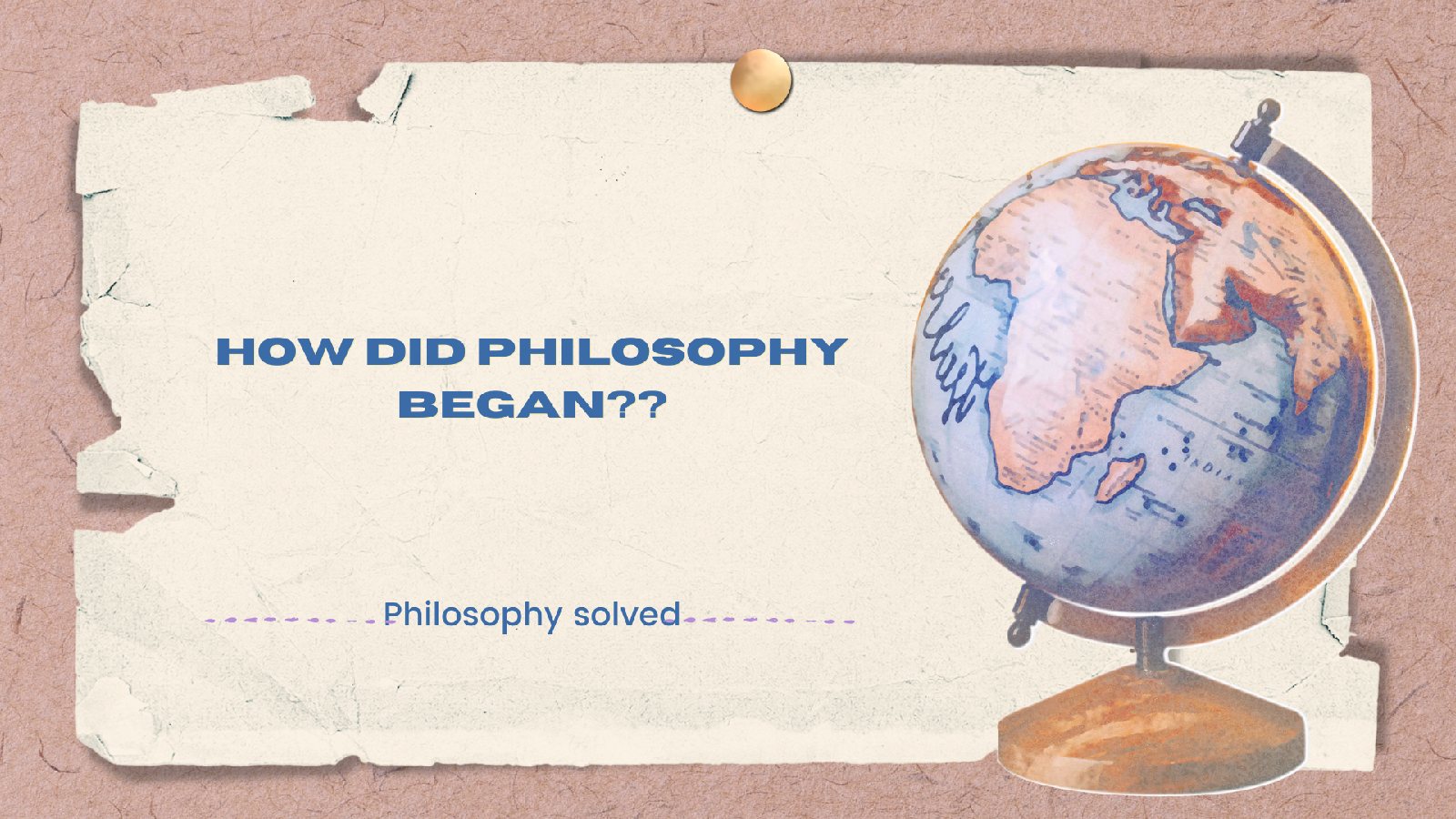Discover the Inspiring Story of Derrick Groves
Discover the Inspiring Story of Derrick Groves The story of Derrick Groves is one of resilience and determination. Despite facing numerous challenges, he persevered and achieved greatness. His journey is a testament to the human spirit's capacity to overcome adversity . Groves' inspiring story serves as a motivation to many, showcasing the importance of staying committed to one's goals. Through his experiences, we learn valuable lessons about the power of perseverance and the impact it can have on our lives. Key Takeaways Understanding the importance of resilience in overcoming adversity . Learning from Derrick Groves' experiences and applying them to our own lives. Recognizing the value of perseverance in achieving greatness. The impact of determination on one's journey to success. The significance of staying committed to one's goals. The Early Years That Shaped a Visionary Understanding Derrick Groves' early life provi...







